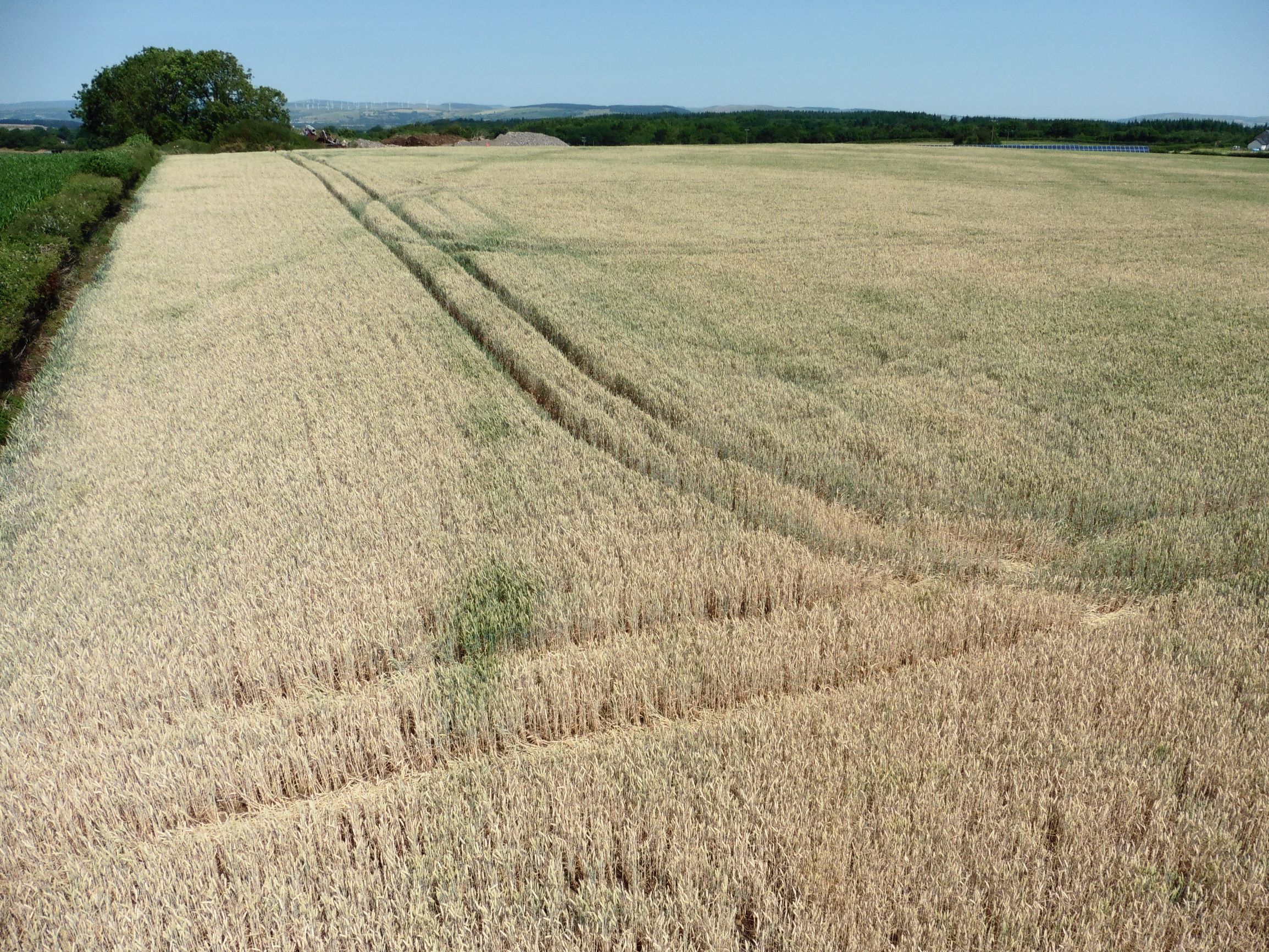



Blistering temperatures across the Northwestern US threaten animals, farmers and workers
The Northwestern United States experienced some of the hottest temperatures on record last week, putting crops, livestock, farmers and workers in danger, says the National Farmers Union (NFU).The Northwestern US has experienced some of its hottest temperatures ever, with some cities and towns surpassing previous record highs by double digits.


The heat wave, which is unquestionably related to anthropomorphic climate change, is deeply concerning for a number of reasons. For one, heat can be extremely deadly, especially in regions that don’t experience it often and don’t have infrastructure built for it. The Northwest is typically cooler than other parts of the country, and many residents do not have air conditioning as a result. Without respite from sweltering temperatures, hundreds of people likely
Infrastructure collapse is a less direct, but just as troubling consequence of extreme heat. In some places, asphalt roadways have softened, leading to cracks, buckling, potholes, and rutting – all of which can make roads unsafe for driving. The region has also experienced rolling blackouts due to increased energy use from air conditioning. Both issues can affect agricultural production. For instance, road closures could prevent the transportation of crops and livestock to processing facilities and then to grocery stores and restaurants. Similarly, if blackouts affect processing facilities, the entire food supply chain could see significant disruptions.
If that weren’t enough, the high temperatures drive evaporation, which has worsened already severe drought conditions across the West. For farmers, the lack of water is forcing them to make difficult choices like leaving fields fallow, ripping up nut trees, and culling livestock. The resulting dry vegetation is also increasing the risk of wildfire, which creates a whole new set of problems.









